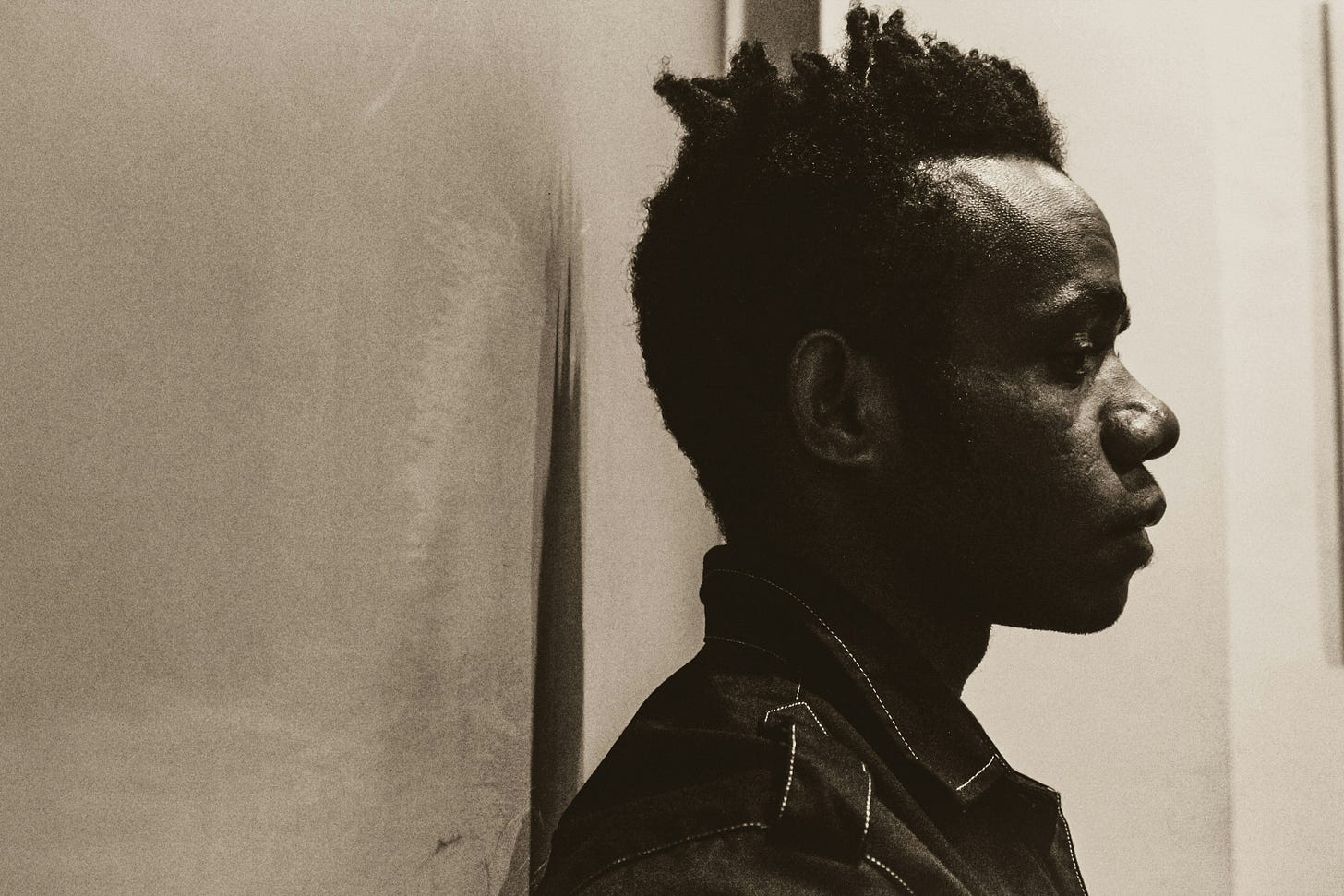Why do we all avoid the hard truth about ourselves?
"The first principle is that you must not fool yourself and you are the easiest person to fool." - Richard Feynman
It's easy to see others' flaws. We notice their inconsistencies, blind spots, and ways they sabotage themselves. But when it comes to our shortcomings, we instinctively turn away.
We rationalise, we justify, and we tell ourselves comforting half-truths.
We avoid the hard truth about ourselves because facing it means discomfort. It means admitting that we are the problem. That our patterns aren't just bad luck. The things we criticise in others often reflect something unresolved in ourselves.
Why We Avoid Looking in the Mirror
The truth can be painful. Acknowledging our flaws threatens our image of ourselves—the idea that we are self-aware, reasonable, or in control.
So we develop strategies to avoid it:
Blame-shifting. If something goes wrong, it's someone else's fault. We focus on external circumstances rather than our role.
Distraction. We keep busy, scrolling, working, entertaining ourselves—anything to avoid stillness because stillness forces reflection.
Self-deception. We tell ourselves stories that make us feel better: I could change if I really wanted to. I don't have a problem. It's just the way I am.
Comparison. If someone else is worse, we feel justified in staying the same.
These strategies work for a while. But the longer we avoid the truth, the more it controls us.
The Cost of Avoidance
What we refuse to acknowledge doesn't disappear. It leaks into our relationships, our choices, and our well-being. Unresolved patterns repeat. The same conflicts arise. The same frustrations follow us, no matter how many jobs we change, relationships we leave, or fresh starts we attempt.
Carl Jung said: "Until you make the unconscious conscious, it will direct your life, and you will call it fate."
Avoiding the truth keeps us stuck. Facing it, however uncomfortable, is the only way forward.
So, how do we begin to face what we'd rather ignore? It starts with small but honest questions:
What am I pretending not to know?
Where do I keep making the same mistakes?
If someone I trusted described my biggest blind spot, what would they say?
What truths make me defensive?
Self-awareness isn't about self-judgment. It's about self-liberation. The moment we stop running from the truth, we can finally change.
Let's end with some nuggets:
We all have blind spots. No one sees themselves with perfect clarity.
Avoiding the truth doesn't protect us—it limits us. Unacknowledged patterns keep repeating.
Self-honesty is uncomfortable but necessary. Growth only happens when we face what we'd rather ignore.
Small questions lead to considerable awareness. Asking the right questions helps us see what we couldn't before.
The truth, once faced, sets us free. The sooner we accept it, the sooner we can change.
The most brutal truth to face is the one about ourselves. Within that truth lies the freedom to stop repeating the past, making excuses, and living small. If we dare to look inward and sit with discomfort instead of running from it, we may find that the truth isn't our enemy. It's the key to becoming who we were meant to be.





Great words of wisdom here. Very insightful-